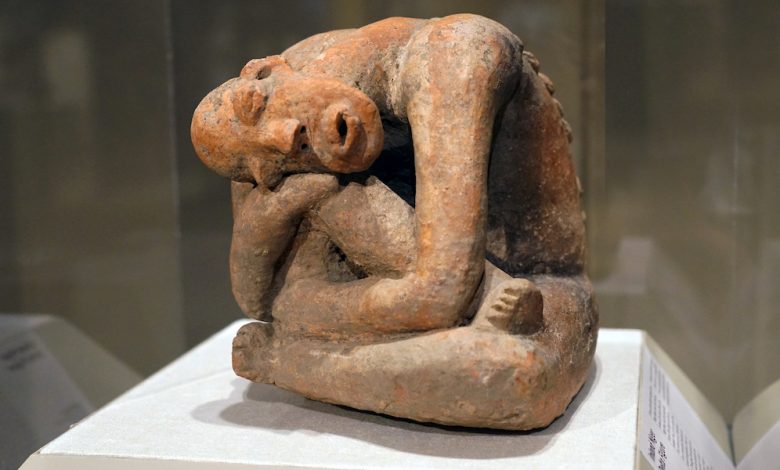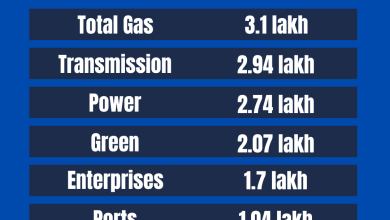Introduction And History of Niger: A Journey Through Time

Welcome to our detailed guide about Niger. Niger is a country in West Africa. It has a rich history and unique culture. Let’s explore this amazing country together.
Geography and Climate of Niger
Niger is a landlocked country. It is located in West Africa. The country covers an area of about 1.27 million square kilometers. Niger is the largest country in West Africa. The climate is mostly hot and dry. The Sahara Desert covers much of the northern part of the country.
Early History of Niger
The history of Niger is very ancient. People have lived in Niger for thousands of years. Early humans in Niger were hunters and gatherers. They lived off the land and moved around a lot.
The Nok Culture
The Nok Culture is one of the earliest known cultures in Niger. This culture existed around 1000 BC to 300 AD. The Nok people were skilled in ironworking. They made beautiful sculptures and tools.
Medieval Kingdoms and Empires
During the medieval period, Niger was home to several powerful kingdoms and empires. These included the Songhai Empire, the Mali Empire, and the Kanem-Bornu Empire. These empires were known for their wealth and trade.
The Songhai Empire
The Songhai Empire was one of the largest empires in African history. It was located in present-day Niger and other West African countries. The empire thrived from the 15th to the 16th century. It was known for its advanced system of government and trade networks.
Colonial Period
In the late 19th century, European powers began to colonize Africa. Niger became a French colony in 1922. The French controlled Niger until 1960.
Impact Of Colonization
Colonization had a big impact on Niger. The French introduced new systems of government and education. They also built infrastructure like roads and railways. However, colonization also brought challenges. The local people had to fight for their rights and independence.
Independence and Modern History
Niger gained independence from France on August 3, 1960. Hamani Diori became the first president of Niger. The country faced many challenges after independence. These included political instability and economic difficulties.
Political Instability
Niger has experienced several coups and changes in government. Despite these challenges, the people of Niger continue to strive for peace and stability.
Culture and Traditions
Niger has a rich and diverse culture. The people of Niger come from various ethnic groups. These include the Hausa, Zarma-Songhai, Tuareg, and Fulani. Each group has its own unique traditions and customs.
Music And Dance
Music and dance are important parts of Nigerien culture. Traditional music often features instruments like the drum and the lute. Dance is used in many celebrations and ceremonies.
Food And Cuisine
Nigerien cuisine is delicious and varied. Popular dishes include millet porridge, rice, and grilled meat. Spices and herbs are often used to add flavor to the food.
| Ethnic Group | Percentage of Population |
|---|---|
| Hausa | 53% |
| Zarma-Songhai | 21% |
| Tuareg | 11% |
| Fulani | 10% |
Economy of Niger
Niger’s economy is largely based on agriculture. Many people in Niger are farmers. They grow crops like millet, sorghum, and beans. Livestock farming is also important.
Natural Resources
Niger has rich natural resources. These include uranium, coal, and oil. Uranium mining is a significant part of the economy. Niger is one of the world’s largest producers of uranium.
Credit: archive.org
Challenges Facing Niger
Niger faces several challenges. These include poverty, drought, and political instability. The government and people are working hard to overcome these issues.
Efforts To Improve
Many organizations are working to help Niger. They focus on education, healthcare, and economic development. These efforts aim to improve the quality of life for the people of Niger.

Credit: www.amazon.com
Frequently Asked Questions
What Is Niger’s Capital City?
Niamey is the capital and largest city of Niger.
When Was Niger Founded?
Niger gained independence from France on August 3, 1960.
What Language Is Spoken In Niger?
French is the official language of Niger.
Who Are Niger’s Indigenous People?
The Hausa, Djerma-Songhai, and Tuareg are indigenous groups in Niger.
Conclusion
Niger is a country with a rich history and culture. Despite facing many challenges, the people of Niger are resilient and hopeful. They continue to work towards a brighter future. We hope this guide has helped you learn more about this fascinating country.




